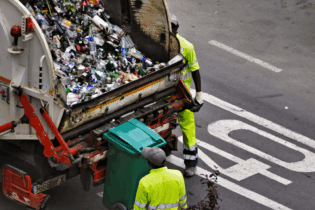Anthony Tambwe of the Tanzania Daily News reports that the country’s natural gas industry will fuel economic development and meet the country’s obligations as a signatory to the Kyoto Protocol and the Clean Development Mechanism (CDM).
Tanzania’s Petroleum Development Corporation is currently constructing a pipeline from Ubungo to Mikocheni in Dar es Salaam to carry compressed natural gas. The aim is to power the homes of the residents of Mikocheni as well as for industrial purposes. Natural gas is a cleaner form of energy than coal because it has varied applications, has better energy performance, improves the quality and efficiency of production and it burns cleaner. Teddy Chungu, an international gas design specialist, formerly from Zambia but working in the United Kingdom, says that 57 homes in the residential area will be powered by the gas line and six businesses in the light industrial area will also use the gas to power boilers. Chungu praised the Tanzanian government for placing a focus on developing and tapping this reserve. Chungu is an engineer on the project which is a joint venture between UK-based Excellium Construction, a gas contracting company, and BQ Contractors, a Tanzania firm. Chungu says that the reserves in that country will allow it to export the resource, including to countries in Europe where reserves are in steady decline.Throughout the project there has been a steady transfer of skills but Chungu noted that while “the natural gas industry has its own benefits and risks, it was imperative people are sensitised to both these aspects.” He urged the government to formulate both standards and regulations to govern the transportation, installation and use of natural gas within the country. He emphasised that all stakeholders work cautiously.
The project was launched in August 2011 and while it was projected to be completed in January this year, it has been delayed but not derailed. BQ Contractors confirmed that the delay was caused by poor infrastructure and the slow delivery of materials from suppliers. Source: allAfrica.com





